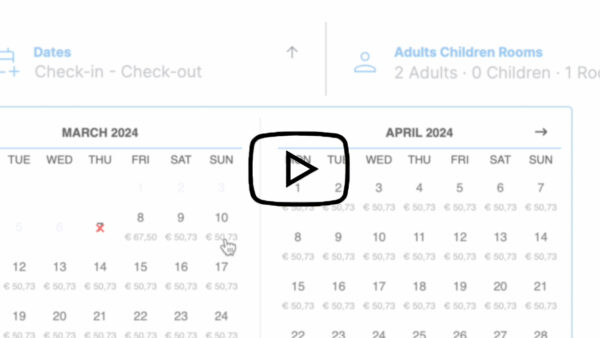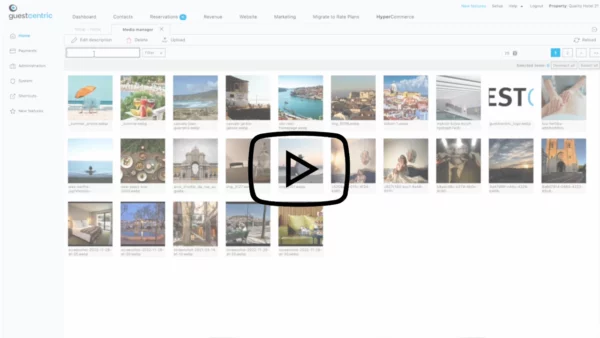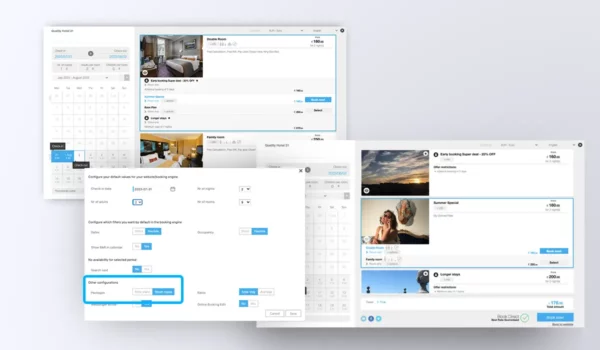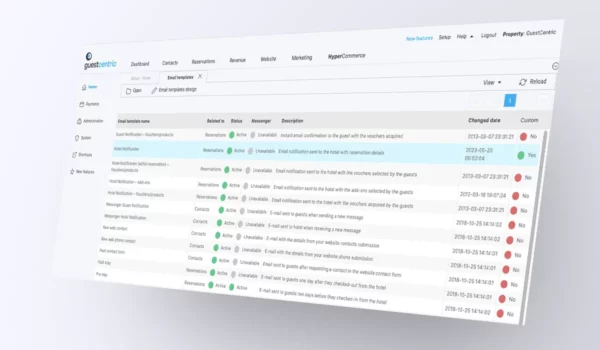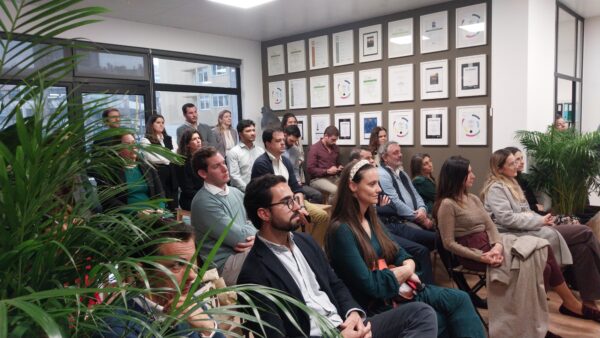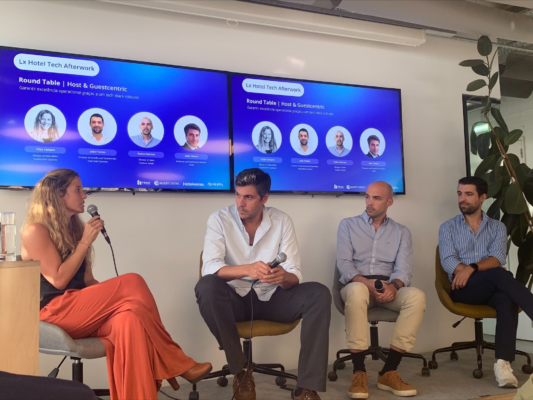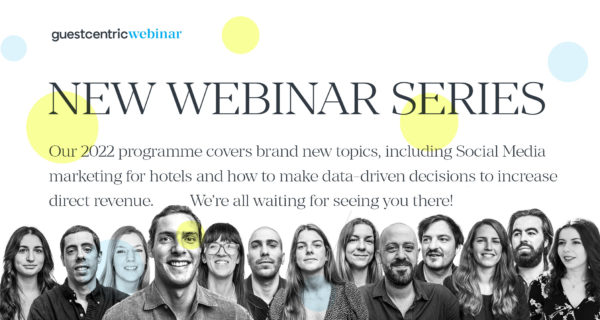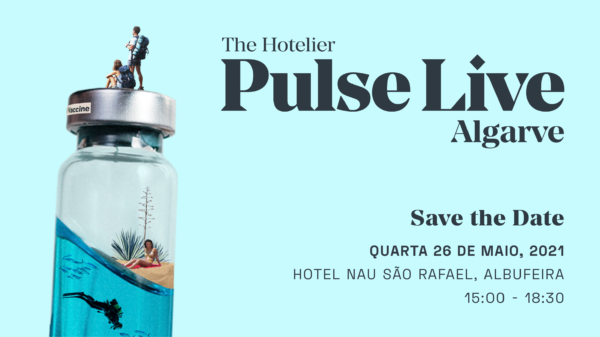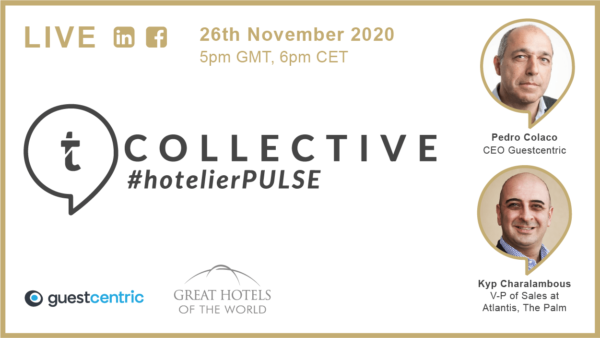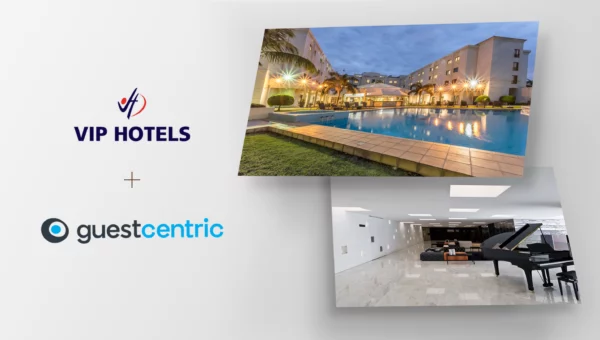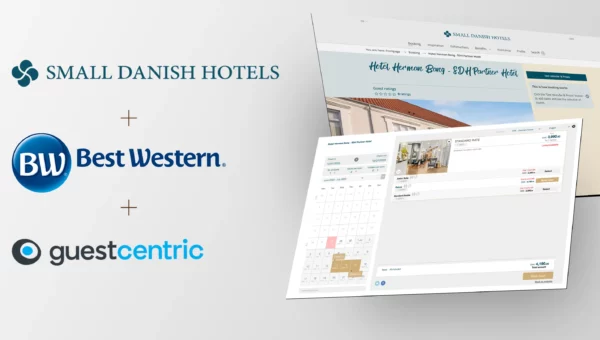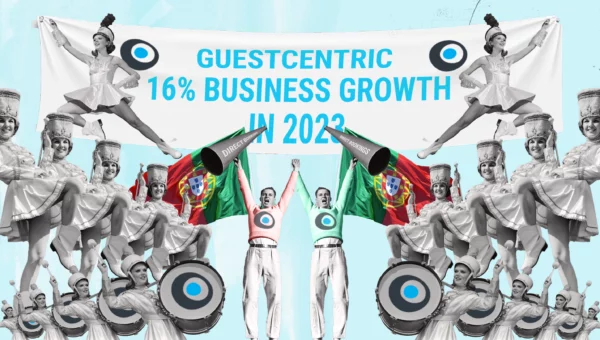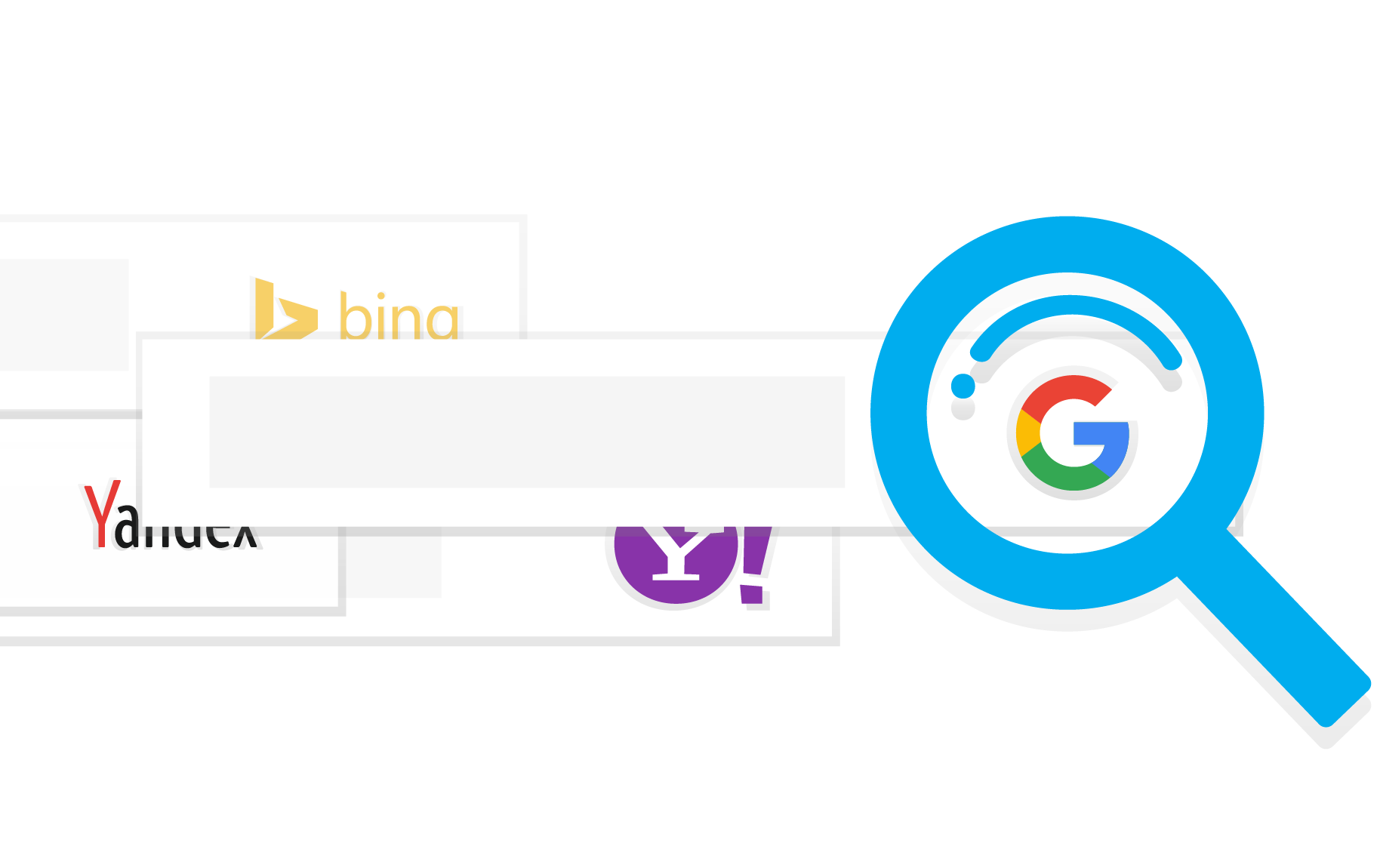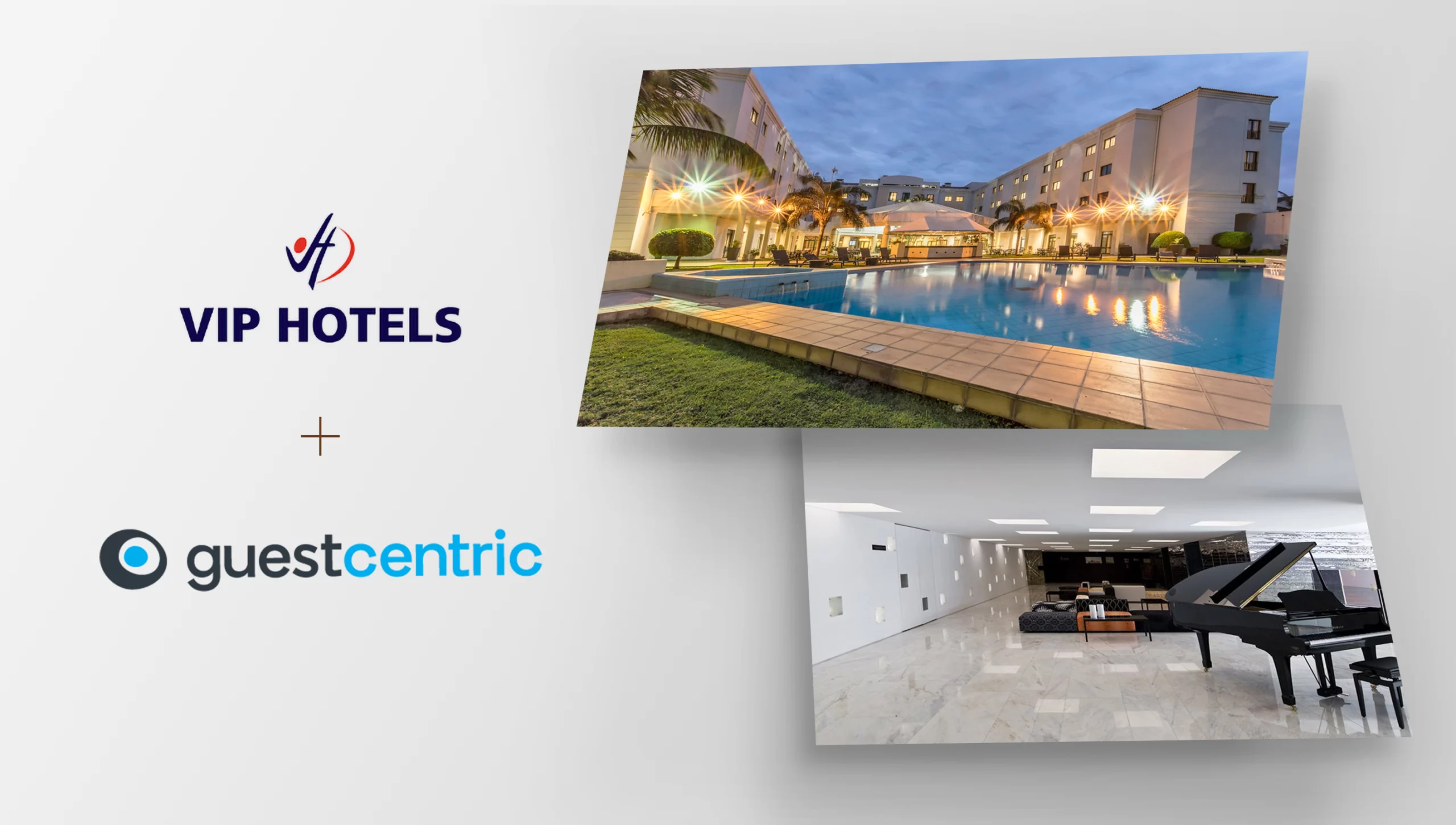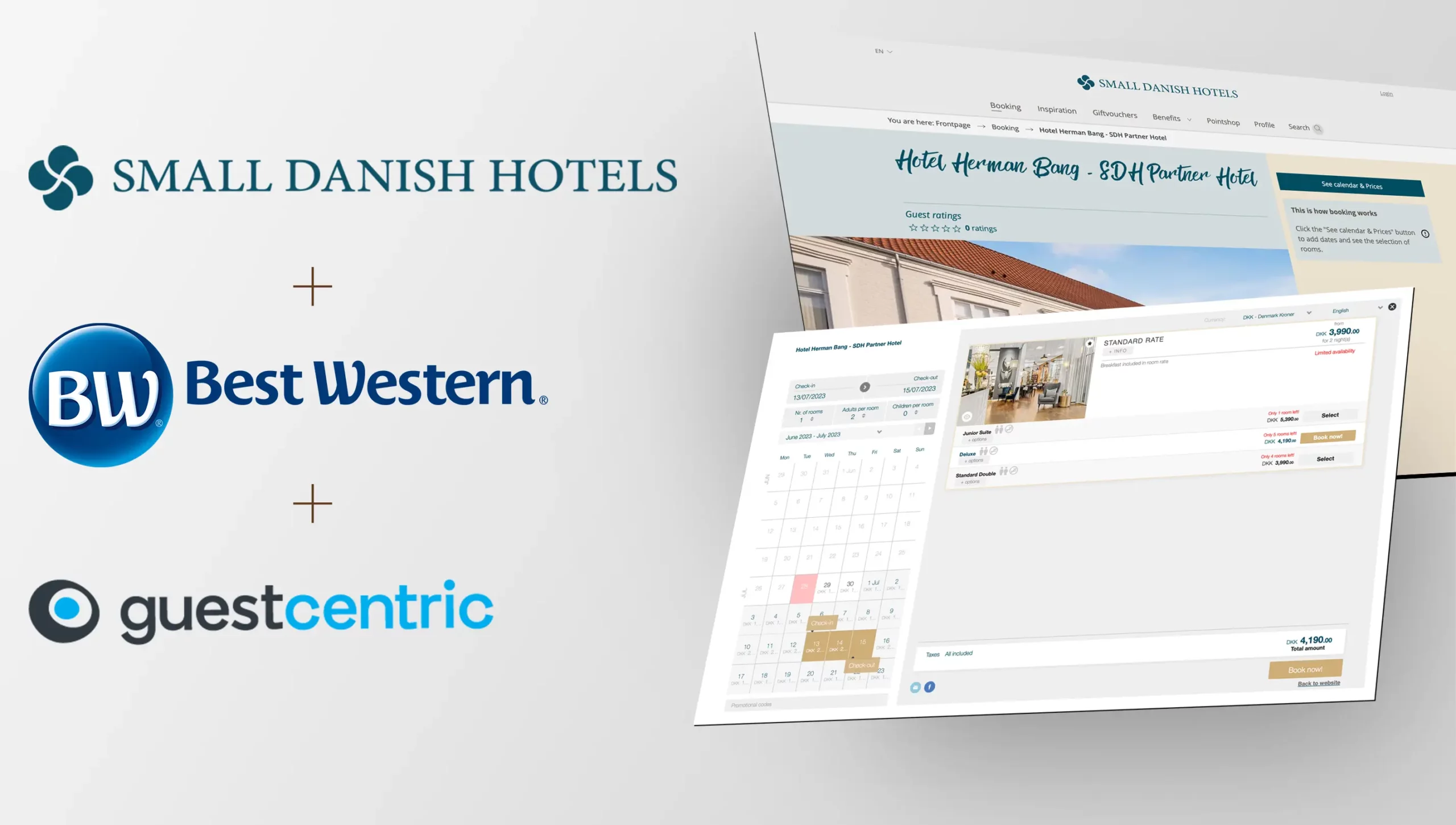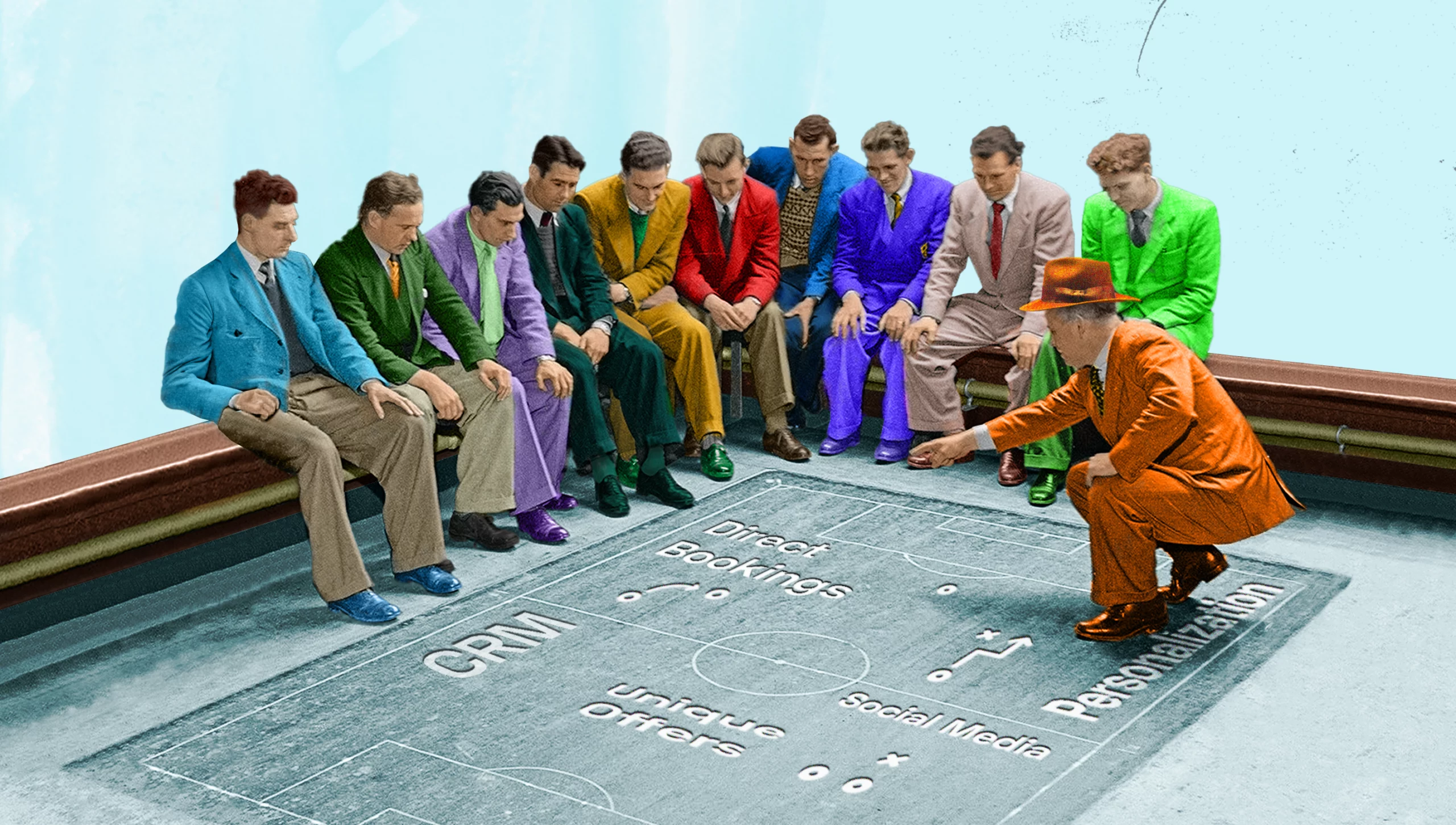Introduction to SEO: webinar takeaways
Reading Time: 3 minutesSEO is fundamental to increase both the quantity and the quality of your website’s traffic, meaning potential buyers. It can also help develop your brand exposure through non-paid or organic results.
If you missed our webinar, this is what we covered: what is SEO and why is it important; how can SEO affect your website; what are the different types of SEO (focusing especially on on-page SEO); and some tips on how you can structure the information on your website.
Why is SEO important?
It’s important that you understand what people are searching online and what their search intent is – what are they after and what results they want to see. If you understand what the demand is half of your work is done! The other half is about getting it presented to search engines.
With a proper SEO strategy, you can get ahead of the competition – if 2 hotels are selling the same thing, the optimized website is more likely to have more customers and sales.
Content marketing – The king of on-page SEO
A lot of hotels have similar offers, activities, experiences so you need to be different from your competition in order to stand out to the search engine. Bottom line, you need to present yourself as the best option for the client.
So, what is good content?
- Content that is original: all content published on your website such as text, images, videos, articles, etc. should be original. Otherwise, Google will downrank you;
- Content published on your website first: if you have more than one website, make sure you don’t copy content from one to another;
- Content that includes text: try to have text alongside your non-text information. If you post videos or images, describe what’s in that content with one or two sentences;
- Content that is useful: make sure the information you’re putting on your website adds value to the user experience.
How should you structure your content?
Your hotel web pages need to be well structured. Imagine you are writing a report that needs headings for each section for it to be organized. The same applies to your website: if your rooms page sells both rooms and suites, that needs to be in the main heading.
Tips for a good heading and content structure:
Headings:
- Avoid using single-word headings;
- Use headings hierarchically (start with H1, then H2, H3, H4,…);
- Subheadings are a great place to include LSIs.
Content:
- Use bold, underline or italics to highlight important parts of a page/content;
- Use a good size font – at least 14px;
- Split the text into small paragraphs (4-5 lines max);
- Use spacing between paragraphs to make text easier to read.
What should your page titles include?
- Use your keywords but don’t go over the board!
- Keep your title short and descriptive – Google search engine display is limited to approximately 60 characters;
- Include numbers or power words – for example: “ Vinho do Porto Experience – Portugal’s number 1”.
Internal links – showing Google and your clients the way
Internal links are linked in your own website and link to other pages within your website and they are key for search engines and users to understand your website’s flow and how your web pages are structured. If there are no internal links on your website, there is no indication for Google to go beyond your homepage and explore other pages. The same thing goes for users.
Some tips:
- Don’t just use the keywords, make links catchy and clickable and stimulating for users to explore your website;
- Only use links when they’re useful for your reader and the conversion objective;
- Don’t just add to your footer or sidebar, try to make them a part of the content.
SEO – is the science of targeting the right words to bring the right people to your site. Ultimately your targets are your clients, of course, but to get noticed by them, you first need to get noticed by the search engines – Google being the most obvious example.
Every inch of your online space is important to increase your SEO performance and making sure you use it correctly can be the deciding factor between choosing your hotel or another!
Daniel Steinhardt
Junior Hotel Marketer, GuestCentric
Make sure you check our upcoming webinars on many other exciting topics to learn all the perks of our application and become a GuestCentric expert.


